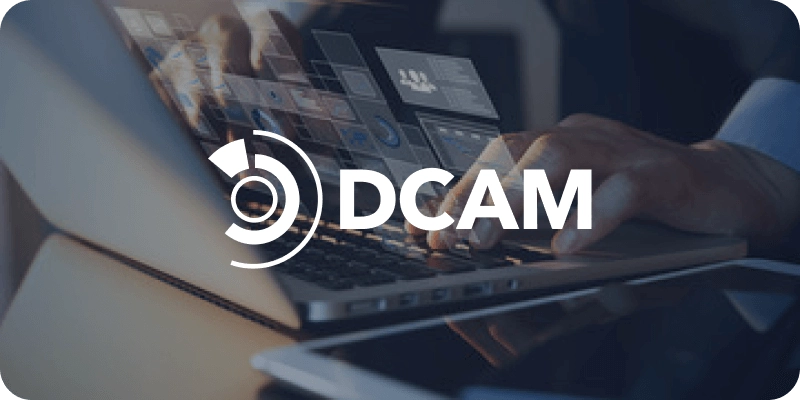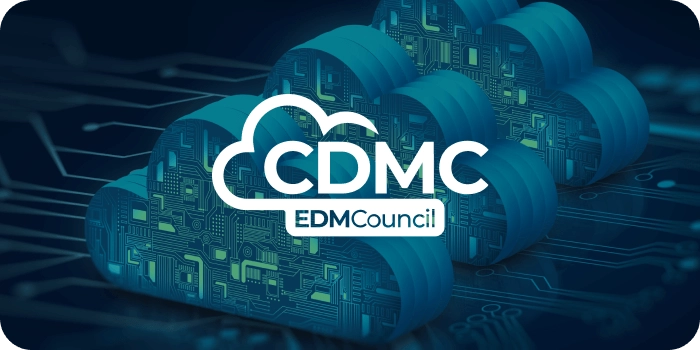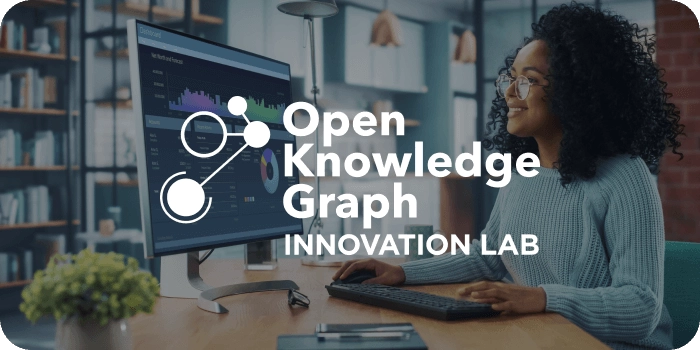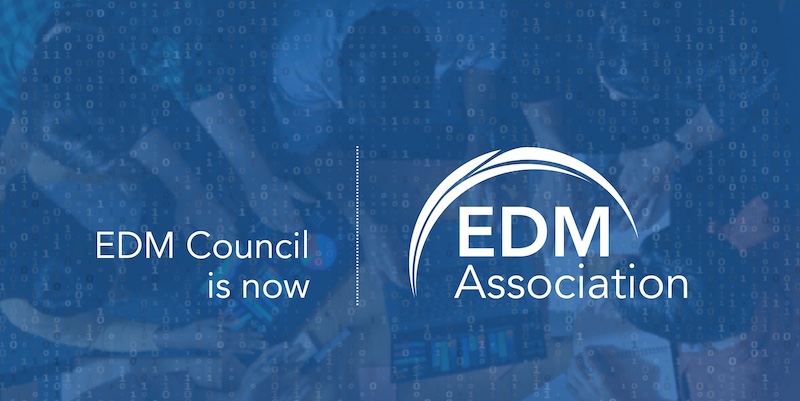Details
Today’s world requires faster and more secure transactions, raising challenges around cost, speed, access, and transparency in identification of organizations and businesses. Response requires global coordination to maximize interoperability across different payment systems, achievable by adopting international data standards, protecting infrastructures against fraud and cybersecurity threats, and finding the right balance between an innovative and operationally resilient ecosystem.
For this level of transparency, it is crucial to set up a framework for secure and effective identification of legal entities based on open access, machine readability, global reach, and sound governance principles. Recent initiatives, at international and U.S. level, confirm the urgent need for transformation and address those challenges:
In December 2022, U.S. Congress passed the Financial Data Transparency Act as part of the 2023 National Defense Authorization Act. At the same time, U.S. Customs and Border Protection initiated an EPOC to form a Global Business Identifier, which identifies high-risk shipments and facilitate legitimate trade. The Global LEI Foundation (GLEIF) introduced 2020 the Validation Agent Framework to enable banks and regulated institutions to leverage their KYC and AML on-boarding procedures, creating opportunities such as supply chain relationships and simplified secure cross-border payments.
During this webinar we covered:
- GLEIF and LEI today
- Financial Data Transparency Act
- Customs and Border Protection
- LEI in KYC and client on-boarding
Established by the Financial Stability Board in 2014, GLEIF is tasked to support implementation and use of the Legal Entity Identifier (LEI). The foundation is backed and overseen by the Regulatory Oversight Committee, representing public authorities worldwide to drive forward transparency within global financial markets.




